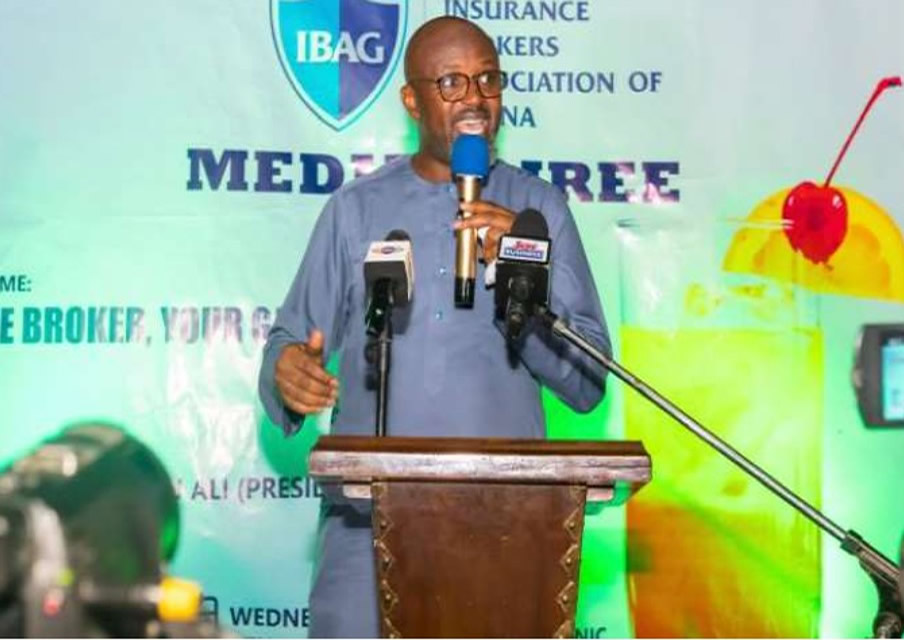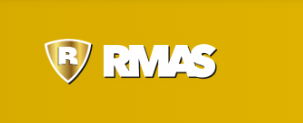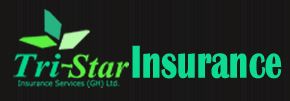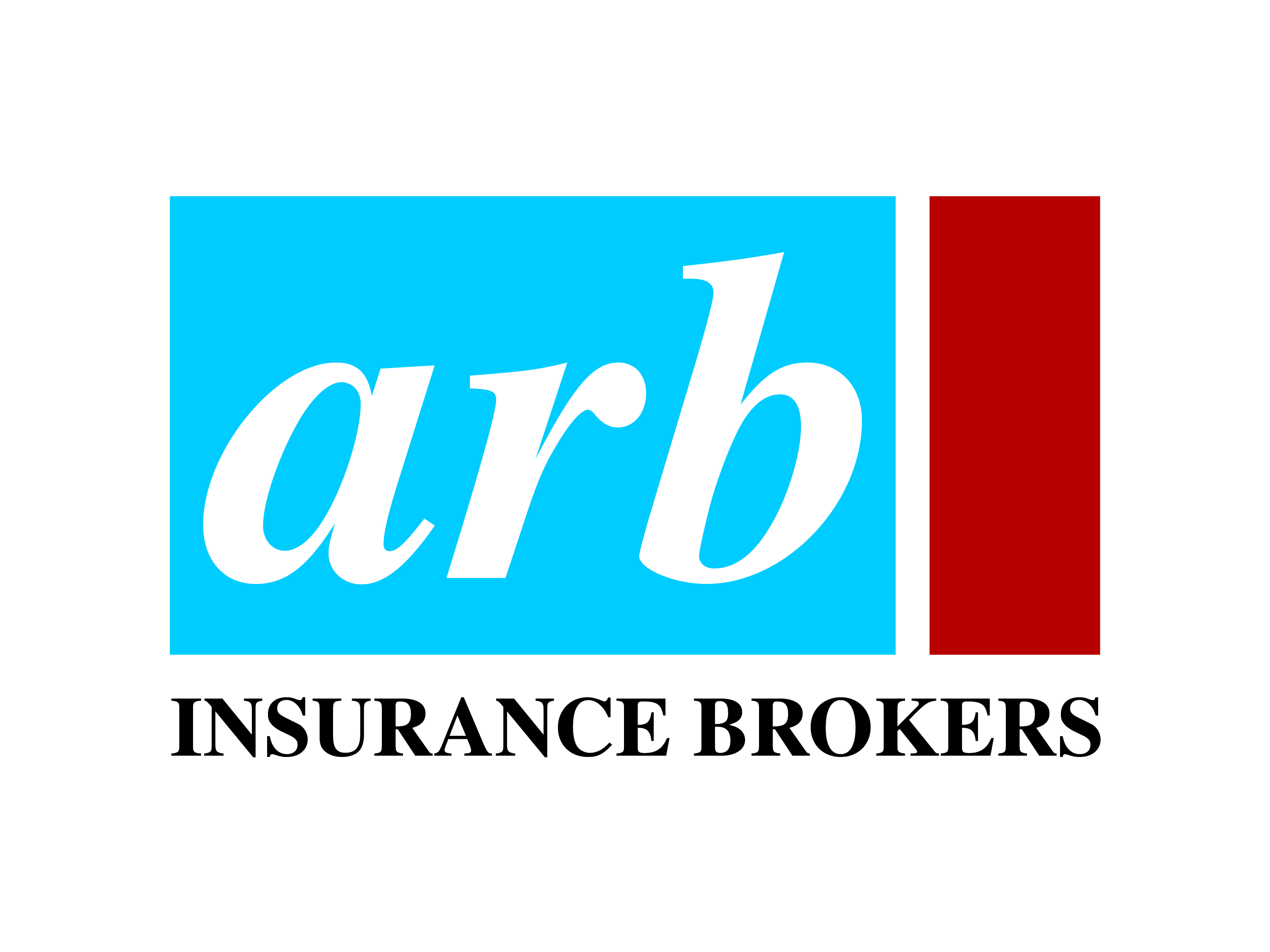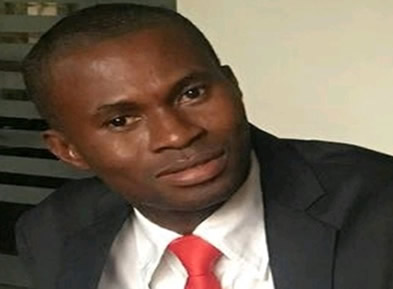
Fraud affects every type of insurance, whether it is Non-Life, Life or Health Insurance. These include providing untruthful or incomplete information in applications for insurance or answers on an insurance proposal form; submitting a claim for a loss based on misleading or untruthful circumstances, including exaggerating a genuine claim; and otherwise being misleading or untruthful in dealings with an insurer with the intention of gaining a benefit under the insurance contract.
Insurance fraud may be committed by the policyholder or by a third party claiming against an insurance policy. When someone provides false information to an insurance company in order to gain something of value that he or she would not have received if the truth had been told‚ they have committed insurance fraud. That is when someone knowingly lies to obtain a benefit or advantage to which they are not otherwise entitled, or someone knowingly denies a benefit that is due and to which someone is entitled.
Some insurance companies generally estimate some percentage of their claim expenditure or budget to cater for fraud. The insurance industry incurred losses and loss adjustment expenses each year, although the figure can fluctuate based on line of business, economic conditions and other factors.
Misrepresentation
Representation is a factual statement made by the insured at the time of, or prior to, the issuance of the policy to give information to the insurer and otherwise induce the insurer to enter into the insurance contract. Getting into a contract with a person or a company on false grounds by making statements that are not in accordance with the facts is known as misrepresentation. In an insurance policy, misrepresentation on the part of the insured gives the insurance company the right to terminate the policy.
Misrepresentation may be unintentional, but if it is material, or in other words, important enough to affect the insurer’s decision to provide a contract or include certain terms, the insurer may void the contract. The information requested by an insurer is use to assess the level of risk that a potential client represents.
The insurance policy clearly states that the entire policy is void if the insured conceals or misrepresents material facts or circumstances; engages in fraudulent conduct; or makes false statements relating to either the insurance or a loss to which the insurance applies. Insurance contract becomes void when it is based on intent to deceive.
Material Misrepresentation
Material misrepresentation is a misstatement to a question asked during the application process that is so important that, had the truth been known, the insurance company would not have issued the policy or would have issued it with a surcharge. However, if the incorrect piece of information was ‘material’ which could be either a missing piece of information or a false claim of something in the application, then it is likely the insurance company will void the contract and return the premium, leaving the applicant uninsured from the time the policy was applied for.
A material misrepresentation exists if the insurance carrier is able to show that a different premium would have been charged for coverage had the actual facts been revealed in the application. Example, if an insurer asked an applicant for car insurance, if he or she had been involved in any prior accidents, and the applicant answered “no”, despite the fact that he or she had been involved in five accidents over the last two years. Understandably, the premium paid by an individual involved in five prior accidents would be higher than an individual with no prior accidents, as they are more of a risk to the insurance company. As a result, a material misrepresentation exists and the insurance company has the option to cancel the coverage and deny any claims.
Fraudsters
Fraud may be committed by different parties involved in insurance transactions: applicants for insurance, policyholders, third-party claimants and professionals who provide services and equipment to claimants. Common frauds include inflating actual claims; misrepresenting facts on an insurance application; submitting claims for injuries or damage that never occurred, services never rendered or equipment never delivered; and “staging” accidents. All the entities involve in these acts are fraudsters.
Scenarios
A false insurance claim could be when people sell their cars and report the cars as stolen. With this scenario, the insured increased the value of the car, purchased comprehensive insurance, and later report that the car has been stolen with the intention of getting more money from the insurance company. Some fraudsters also buy accident vehicles from abroad, buy comprehensive insurance cover, and later report that the vehicles had involved in accident with the intention that the insurance companies will repair those vehicles for them. For other fraudster, they report a small accident and inflate the estimate.
For Homeowners Insurance, fraud can occur when a policyholder stage fire in his or her home after taking some important family items which have been insured, hide them before the fire takes place. They just set their homes on fire and request for compensation. With this intention, the fraudsters can say they have lost more than they really have. Alternatively, a person might deliberately destroy the asset they are claiming insurance for.
In Life Insurance, health care providers can bill health insurance companies high fees for normal standard procedures, or services that were not even rendered. Some perform examinations that are not needed for a particular disease so they can get more money from the insurers.
Criminals can take a Life Insurance policy for themselves and make their spouses the beneficiary. After the policy has been in effect for several months, the insured criminal fakes his death, and the spouse who is the beneficiary receives the benefit. When the funeral is over, the spouse suddenly disappears. This is very common in the western world and South America.
Insurance fraud could also be when a person provides false information to an insurance company in order to get insurance cover on more favourable terms, or deliberately under-insure to reduce the premium. In the case of motor insurance, a driver who had had accident before may say “no” when he is asked of previous accident experience any time he changes insurance company, or when he buys a new vehicle. This type of fraud is very common in Ghana because almost all the insurance companies do not have accident tracking systems. Other insurers do not bother to investigate because they desperately need the business.
Conclusion
It is the duty of insurance applicants to give the insurer all the necessary information concerning the risk they want cover for, as will be of use to the latter in estimating its character and in determining whether or not to accept the risk. The information forms the basis of the contract as made. It describes, marks out and defines the risk assumed. Hence the untruthfulness of any information will necessarily void the contract.
Clients must be totally honest with every aspect of an insurance applications and claims. Nevertheless, being honest can also result in a denial of an entire claim, which in some cases could be a multi-million dollar claim.
Writer: Gideon Sarfo
Email Address: sarfo.gideon03@yahoo.com
Place of work: Tri-Star Insurance Services Gh. Ltd.
Share On Social Media
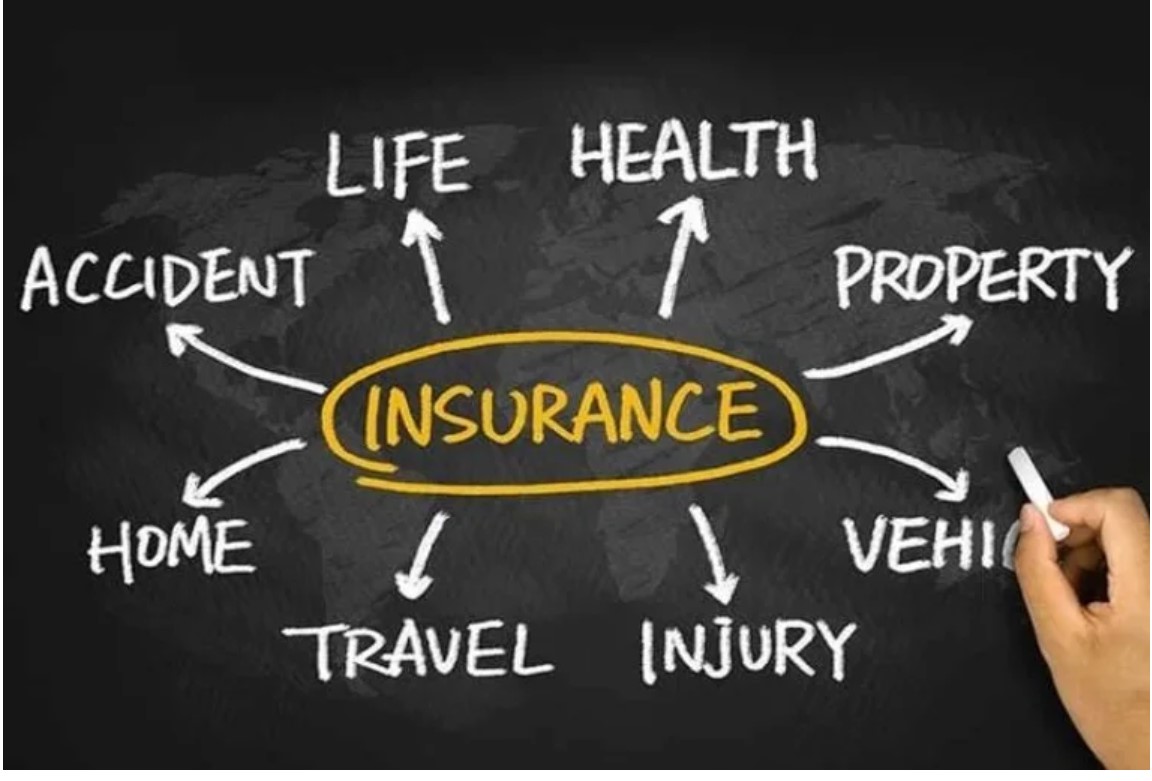
Third-party insurance premiums up from January 1; ¢482 for private cars and ¢637 for taxis
Read MoreWhy Buy Insurance ?
There will be no need for insurance if we are living in a perfect world on this planet called EARTH. Our goods would always arrive at their destination
Read MoreEmerging Trends In Ghanaian Insurance Market An Overview
According to a report by a UK based IT Solutions, Ghana has one of the fastest growing insurance industries in the world.
Read MoreTop 10 Insurance Brokers In Ghana
Ghana 2016 68 Insurance brokering companies that operated in Ghana in 2016 earned Income of GHC 73,144,221 in 2016 representing growth rate of 12%.
Read More


